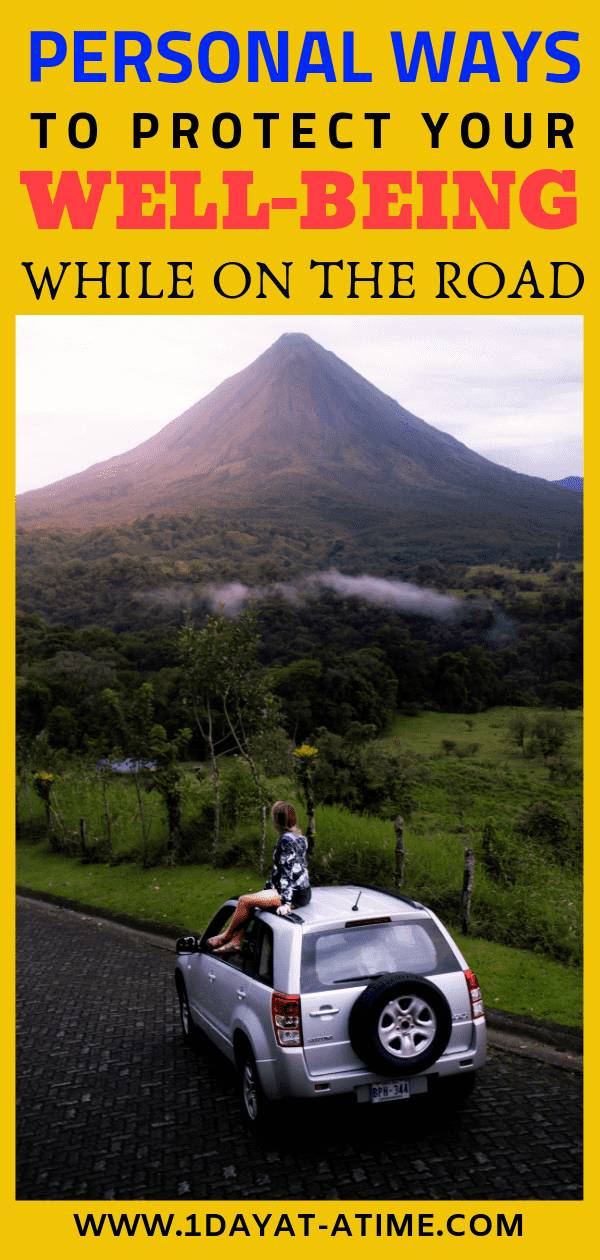
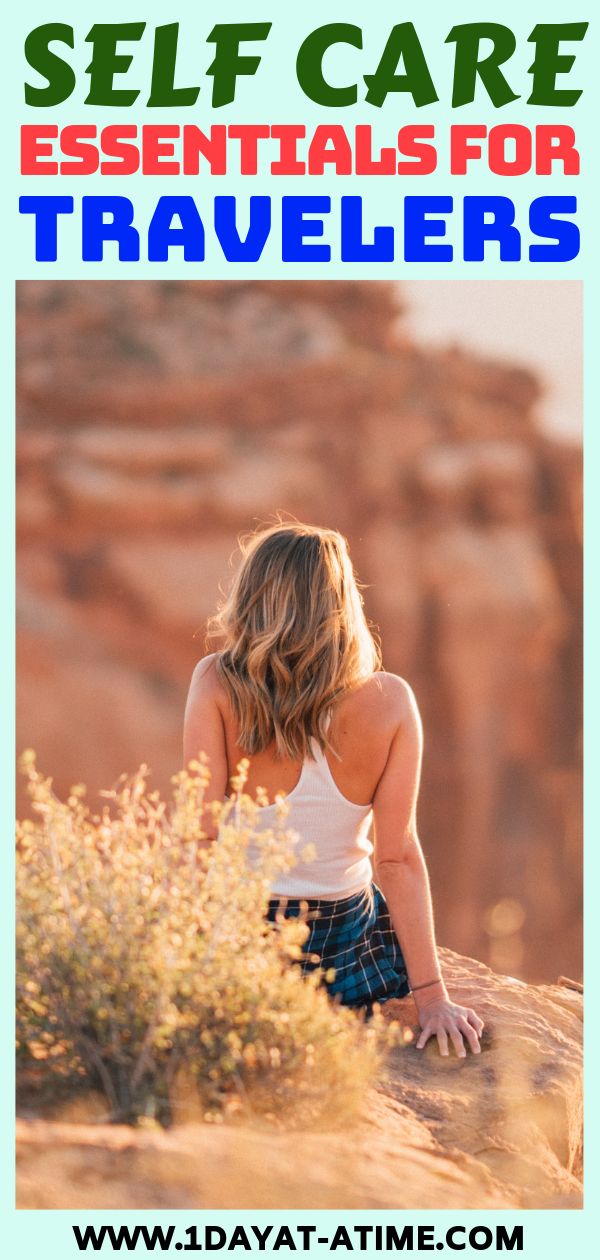
Travel can be a really transformative experience in all kinds of ways, for all kinds of reasons.
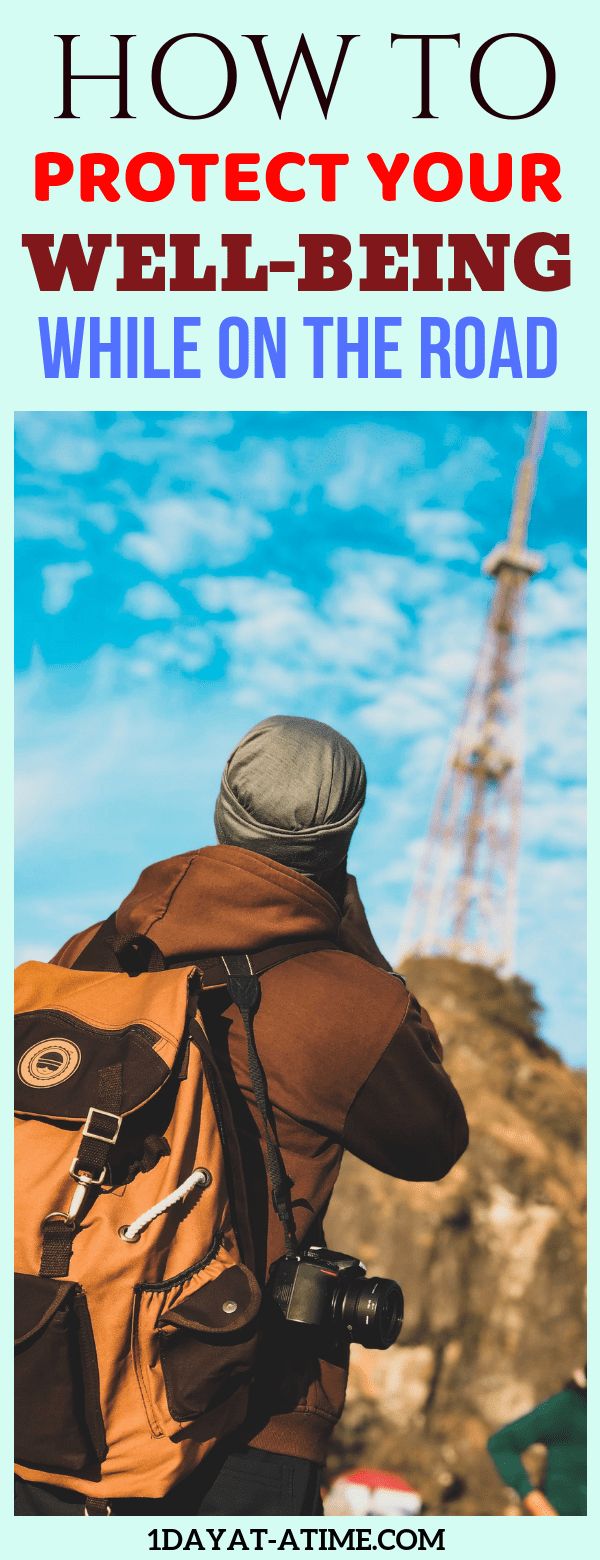
For one thing, getting out and seeing the world can expand your horizons, and give you a better sense of what things are really like outside of your own home country. You’ll see how different cultures really operate, the lifestyles that different people engage in, and so on.
For another thing, going out and traveling extensively can help you to feel more appreciative of the things you benefit from back at home. It’s likely the case that there are aspects of your own culture, and the opportunities presented by your own homeland, that are not readily apparent everywhere else.
If you’re up for an adventure, traveling to different countries can leave you with memories that will last a lifetime, as well as imparting many other assorted benefits.
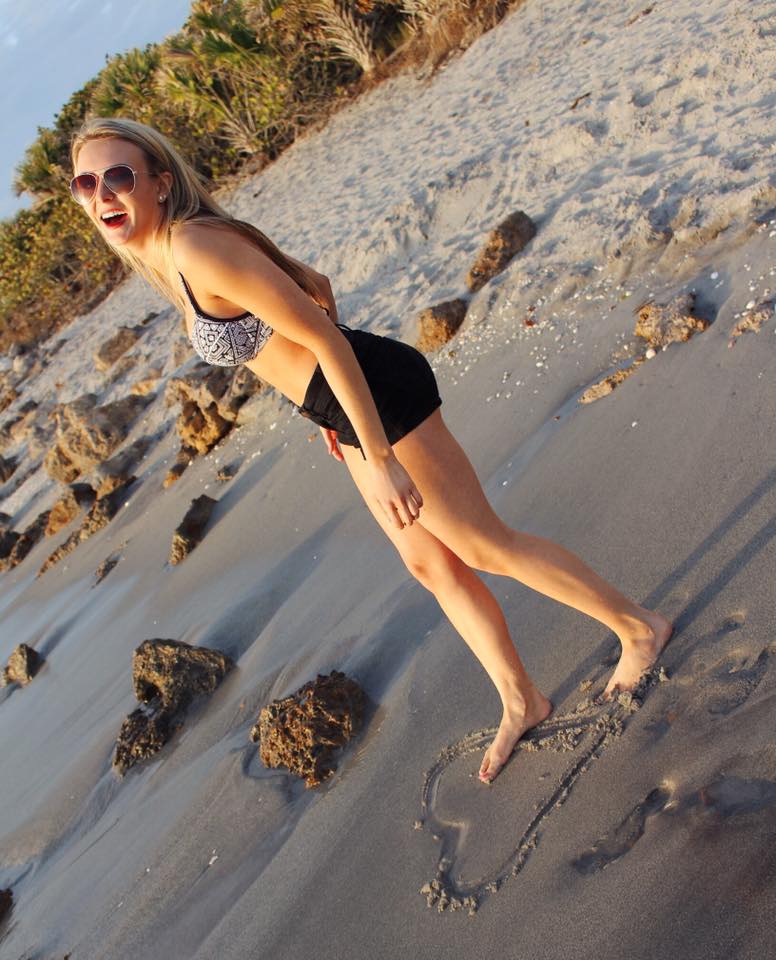
The thing is – and this often gets left out of the carefully curated Instagram travel photos –that spending significant time out on the road isn’t always going to be comfortable and straightforward. At times, you are bound to become stressed, will likely face certain mishaps and complications, and can find yourself becoming homesick, too.
It’s important to find personally relevant ways to protect your well-being while on a long trip. Here are a few suggestions.
Have a “self-care routine” that you perform each day, out of habit

As the writer Charles Duhigg notes in his book “The Power of Habit” humans are creatures of habit to a very remarkable degree. Leave us alone for a while, without much in the way of external discipline or a focused goal to head towards. We’ll typically default to our habitual routines, and act out the same tropes and sequences again and again.
Habits become automatic and unconscious. This is another way of saying that they can be carried out more or less on autopilot, without requiring a lot in the way of an investment of focus and energy.
When out traveling, you want to build a “self-care routine” on the back of certain habits. You will sometimes be distracted and stressed out on your travels, and so it’s important to protect your well-being with a routine. This routine isn’t kind of thing that requires a lot of work, focus, and willpower – or else you probably won’t stick to it. Your self-care routine should start small, focus on fundamentals, and expand only so far as you can maintain it consistently.
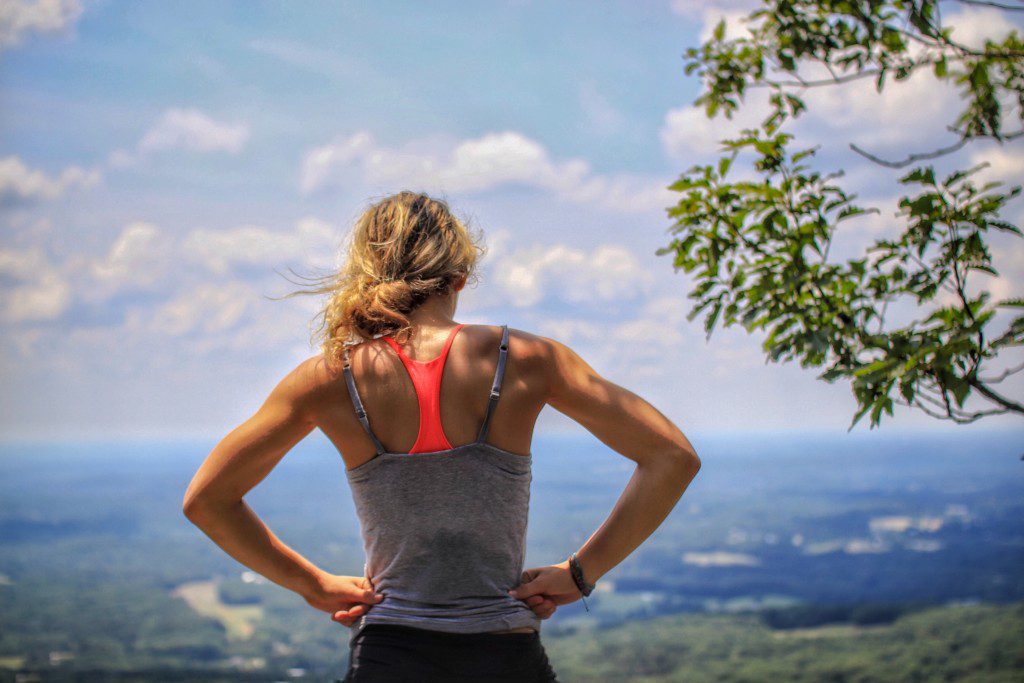
Part of your self-care routine should focus on things that make you feel good about yourself, such as a beauty routine. If, for example, you struggle with sallow skin, you can precede your holiday with a bit of research on sallow skin: what it is, causes, symptoms, and remedies, and then construct a 10-minute morning routine around mitigating that issue.
If you find that a session of quiet reading first thing in the morning helps to center you. Find a bit of time for this – even if you only manage to get a page or two down. Perhaps there’s a certain yoga routine that only takes a few minutes, but that leaves you feeling relaxed. Set that time aside to protect your well-being.
Specific details of your routine will vary depending on your particular interests and feelings. By having a small routine set, which exists to keep you feeling positive, can do a lot of good.
Find a bit of alone time for quiet contemplation and reflection, on a regular basis to protect your well-being
When you’re traveling with other people, in particular, it may well be the case that you have very little if any time at all to yourself. Perhaps you’re staying with host families, and spend your evenings either socializing or having to ignore their chatter and partying while you do your own thing.
Of course, social connection is very important – both while traveling and just generally. But, it’s also very important to protect your well-being to find a bit of alone time every so often. Spend this time, reflecting, mulling over your experiences and thoughts, and just dealing with yourself solo.
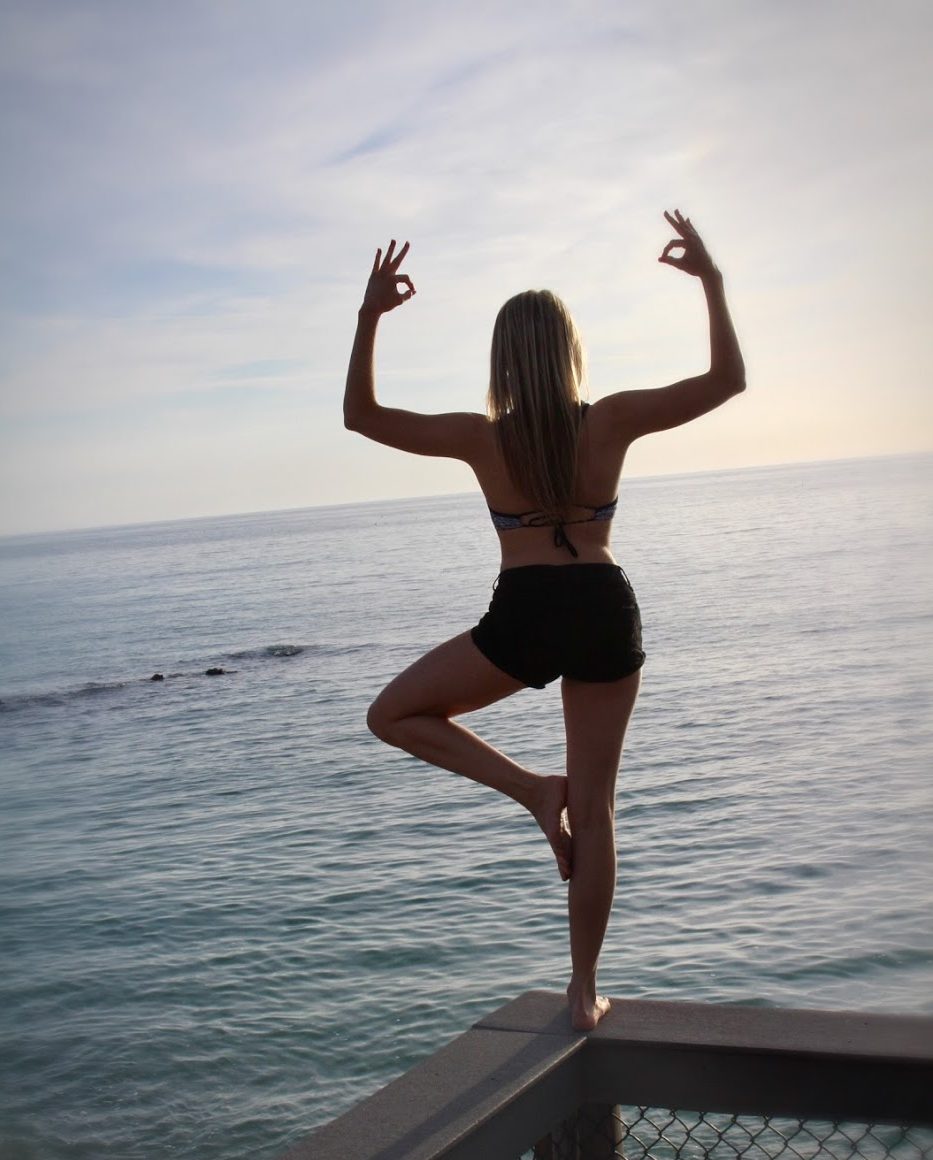
To this end, taking a travel journal with you can be extremely useful, even if you don’t normally journal on an everyday basis back at home.
Writing out your thoughts, feelings, and experiences, can be such a deeply therapeutic experience. It has been employed by certain psychologists as a way of helping you protect your well-being and boost your self-awareness.
Try to connect meaningfully with other people while out and about
Just to provide a counterbalance to the last point here; it’s typically quite important, to enjoy meaningful human connections with others while traveling.
If you’re traveling solo, you may find that you don’t spend a lot of time talking to other people, getting to know them, or engaging in meaningful socializing.
In a safe and comfortable context, joining groups tours, or try and get some friends to join you on your expedition in the first place.
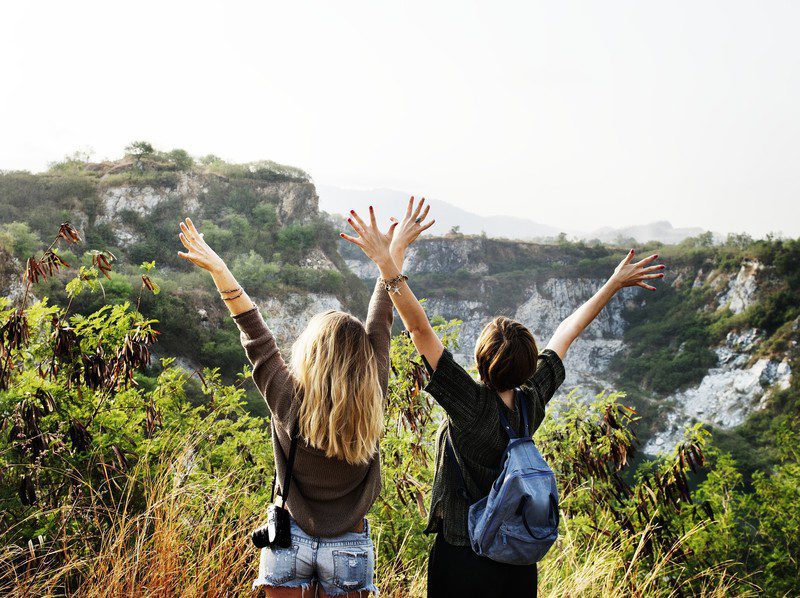
[wdi_feed id=”1″]
In the highly acclaimed film “Into the Wild,” based on the real life of ill-fated adventurer Christopher McCandless. The protagonist comes to an important realization too late, on the verge of death: that all his adventures are almost meaningless if he doesn’t have someone to share them with.
There are many different groups who do tours around the world for assorted reasons. Ranging from religious missionary work to cultural projects and organizations with shared interests in a particular recreational domain, and so on.
It’s also often not as hard as you might think to rope certain friends or relatives into traveling with you. As long as they actually find the proposed destination in question appealing and you’re not just expecting them to babysit you for the ride.
Whichever route you go, try and have at least a couple of good conversations with other people on your trip.

How do you protect your well-being while traveling?
Remember... no matter what challenges you face,
Take it 1 Day At A Time.


